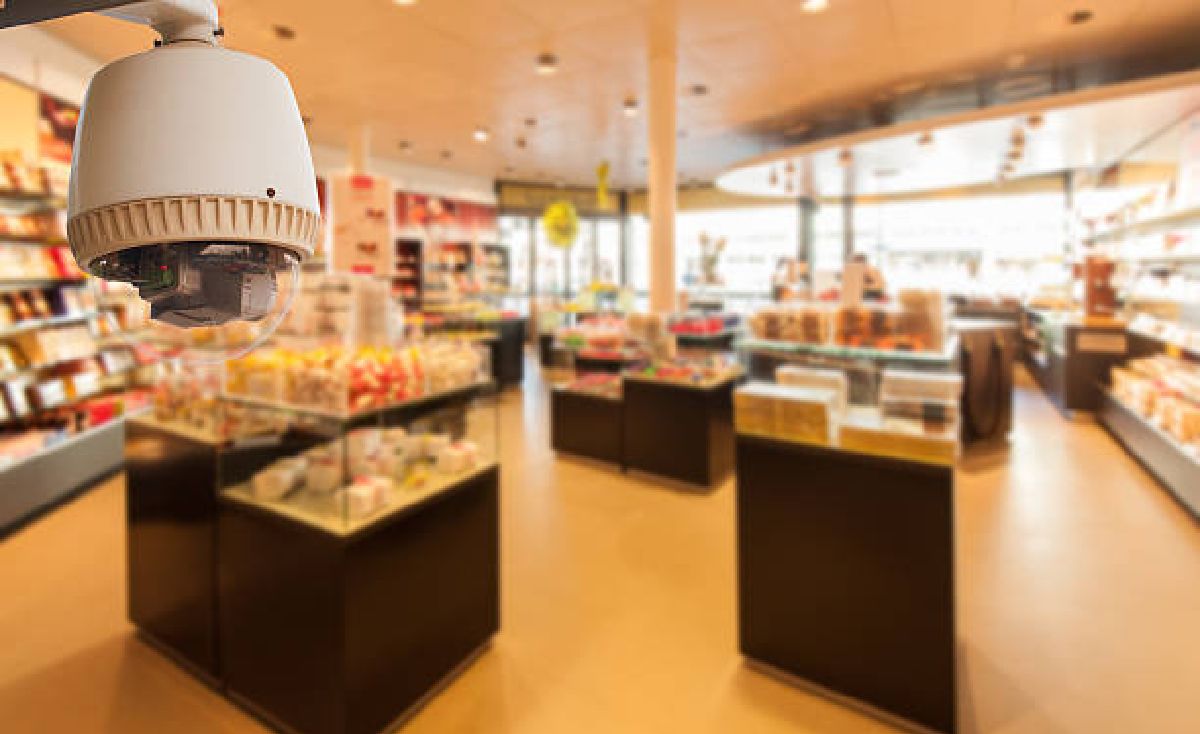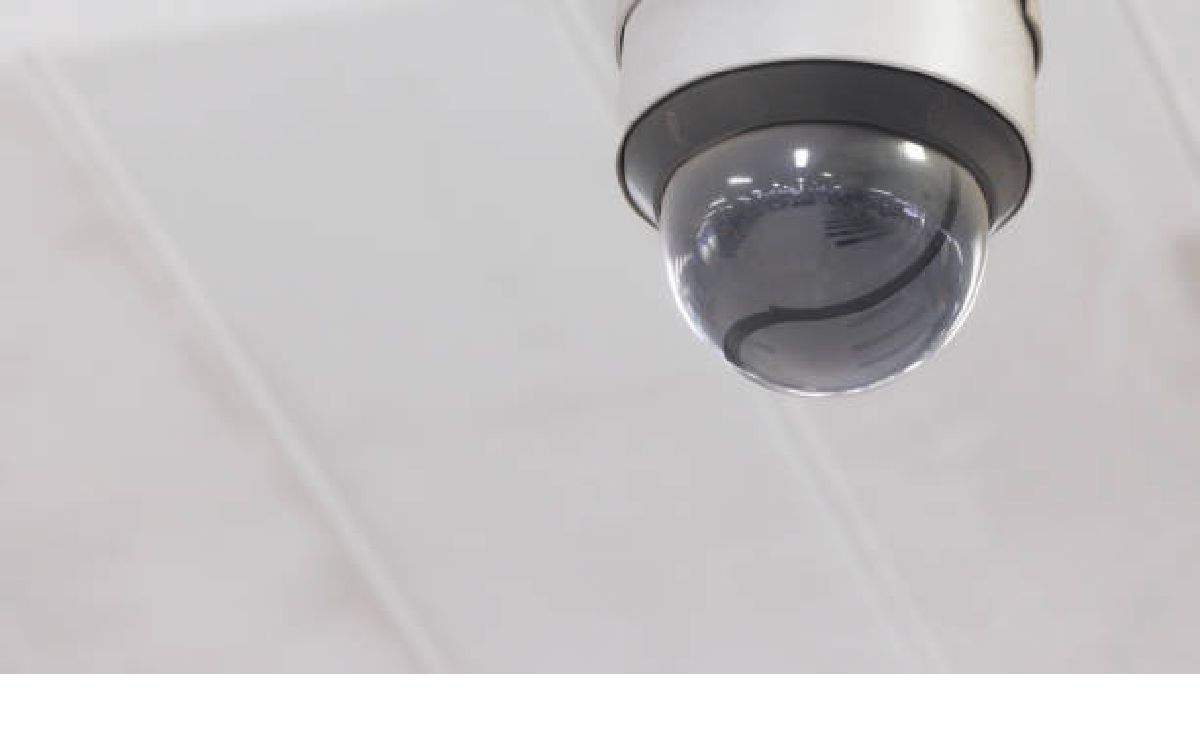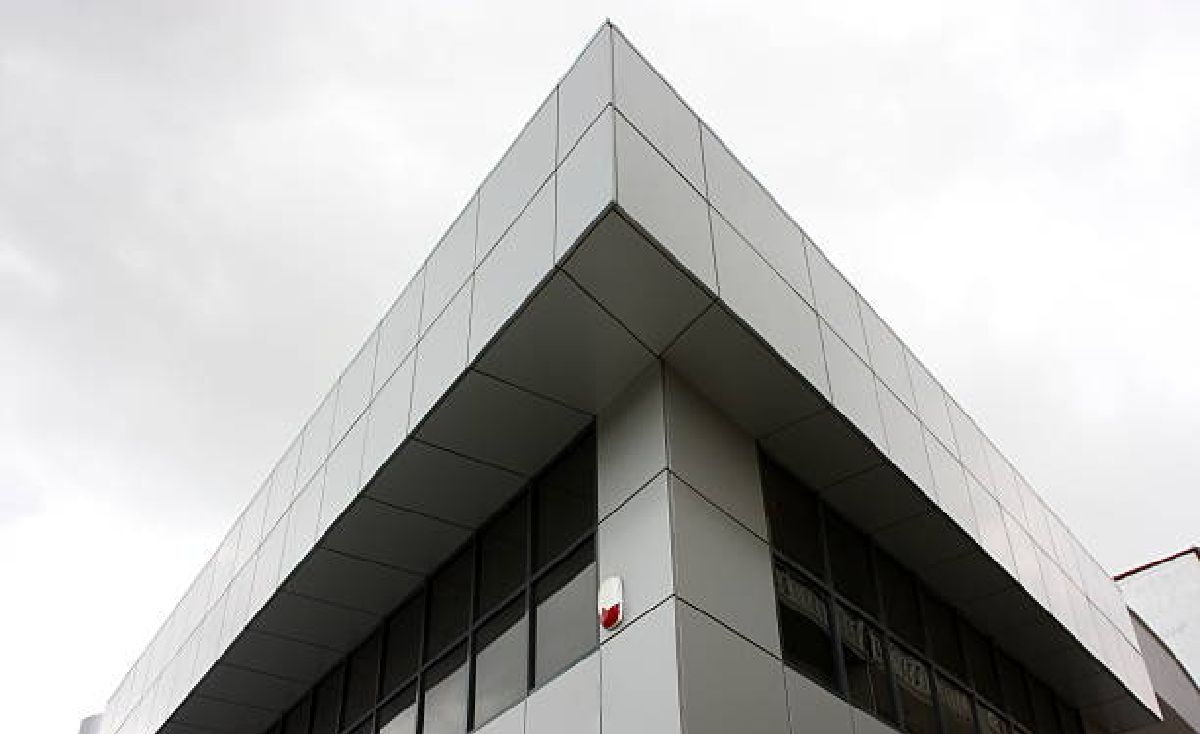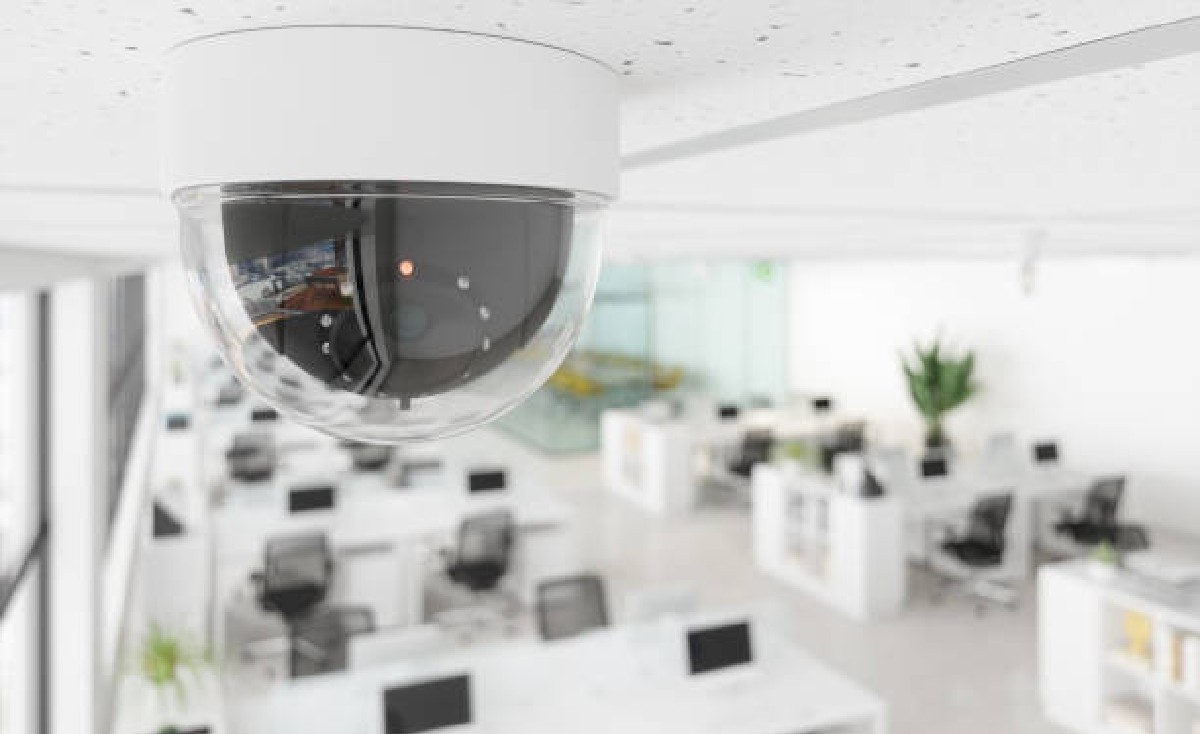In today’s rapidly changing world, ensuring the safety and security of your business premises is of utmost importance. Whether you run a small retail store or a large commercial property, the need for effective security measures cannot be overstated. This article will explore the world of commercial alarm systems, delving into their significance for businesses of all sizes. We will discuss various aspects of alarm systems, from their components and installation to their benefits in safeguarding your business. So, keep reading to protect your business and gain peace of mind.

Table of Contents
- 1. Why Do You Need an Alarm System for Your Business?
- 2. Understanding the Components of a Commercial Alarm System
- 3. Choosing the Right Alarm System for Your Business
- 4. The Benefits of Alarm Monitoring Services
- 5. Preventing False Alarms: Best Practices
- 6. Fire Safety and Alarm Systems
- 7. Access Control for Enhanced Security
- 8. Business Security Systems: A Comprehensive Solution
- 9. Professional Installation: Ensuring Your Alarm System Works Effectively
- 10. The Verisure Advantage: A Leading Name in Commercial Alarm Systems
- Conclusion: Safeguarding Your Business
- FAQs
1. Why Do You Need an Alarm System for Your Business?
As a business owner, the security of your premises should be a top priority. Whether you operate a small shop or manage a large commercial site, the threat of intrusion, theft, and vandalism is ever-present. That’s where commercial alarm systems come into play. But why exactly do you need one?
Protect Your Business: The primary purpose of a commercial alarm system is to protect your business premises. It is a deterrent to potential intruders and provides an early warning system in case of unauthorized access or security breaches.
Peace of Mind: Knowing that your business has a reliable alarm system offers peace of mind. You can rest assured that your assets, inventory, and property are safeguarded around the clock.
Insurance Requirement: Many insurance providers require businesses to have a security system to reduce the risk of theft or damage. Installing an alarm system can lead to reduced insurance premiums.
Immediate Response: In the event of an alarm being triggered, the system can notify you, the authorities, or a security monitoring center. This quick response can help prevent theft and minimize property damage.
2. Understanding the Components of a Commercial Alarm System
A commercial alarm system consists of various components that work together to provide comprehensive security. Understanding these components is crucial for making informed decisions about your business’s security needs.
Control Panel: The control panel is the central hub of the alarm system. It manages all connected devices and communicates with the monitoring center.
Sensors: Sensors detect environmental changes and trigger the alarm when necessary. These include motion, door/window sensors, and glass break detectors.
Alarm Monitoring Services: Alarm monitoring involves 24/7 surveillance of your alarm system by a professional monitoring center. They can dispatch authorities or notify you in case of an alarm.
CCTV Systems: Closed-circuit television (CCTV) systems provide video surveillance, allowing you to monitor your business premises remotely.
Access Control: Access control systems restrict entry to authorized personnel only, enhancing security further.
3. Choosing the Right Alarm System for Your Business
Selecting the right alarm system for your business is crucial. Factors such as the size of your premises, the nature of your business, and your security needs will all play a role in the decision-making process.
Commercial Alarm Systems for Small Businesses: If you own a small business, you’ll want a system tailored to your needs. These systems are cost-effective and provide essential security features.
Commercial Security Systems: For more significant commercial properties, comprehensive security systems that include CCTV, access control, and intrusion detection are often necessary.
Burglar Alarms: Burglar alarms are a fundamental component of any alarm system. They detect unauthorized entry and trigger an alert.
Fire Alarm Systems: In addition to security, fire safety is paramount. Integrating a fire alarm system with your security setup can save lives and property.
4. The Benefits of Alarm Monitoring Services
Alarm monitoring services are a valuable addition to any commercial alarm system. These services offer round-the-clock surveillance of your premises, ensuring that any security breaches are promptly addressed.
Immediate Response: When an alarm is triggered, monitoring professionals can immediately act, such as dispatching the police or contacting you.
Deterrence: The presence of monitoring services itself acts as a deterrent to potential intruders.
Reduced False Alarms: Monitoring centers can differentiate between genuine threats and false alarms, reducing the chances of unnecessary police dispatch.
Peace of Mind: Knowing your business is monitored 24/7 provides peace of mind, especially during non-business hours.
5. Preventing False Alarms: Best Practices
False alarms can be costly and disruptive. Implementing best practices can help minimize the occurrence of false alarms in your commercial alarm system.
Proper Training: Ensure your staff is adequately trained to avoid accidental triggers using the alarm system.
Regular Maintenance: Schedule regular maintenance and inspections to keep the system in optimal condition.
User Error Reduction: Implement measures to reduce user errors, such as requiring multiple authentication steps before triggering an alarm.

6. Fire Safety and Alarm Systems
Fire safety is a critical aspect of protecting your business. Integrating a fire alarm system with your security setup can save lives and property.
Early Detection: Fire alarm systems can detect smoke or heat in their early stages, allowing for a quick response.
Notification: In the event of a fire, the system can alert occupants and the authorities, reducing the risk of injuries and fatalities.
Compliance: Meeting fire safety regulations is essential for legal compliance and insurance purposes.
7. Access Control for Enhanced Security
Access control systems enhance security by restricting entry to authorized personnel only.
Keyless Entry: Access control systems eliminate the need for traditional keys, reducing the risk of unauthorized duplication.
Audit Trails: These systems maintain detailed entry and exit records, providing a valuable security audit trail.
Customization: You can customize access levels for employees, contractors, and visitors, enhancing security.
8. Business Security Systems: A Comprehensive Solution
For comprehensive security, consider integrating various components into your business security system.
CCTV Systems: Video surveillance allows you to monitor your premises remotely and provides valuable evidence in case of incidents.
Access Control: Restricting access to sensitive areas enhances security.
Intruder Alarms: Intruder alarms act as a first line of defense, deterring potential threats.
Fire Alarm Systems: Combining fire alarm systems with security measures ensures the safety of both personnel and property.
9. Professional Installation: Ensuring Your Alarm System Works Effectively
Professional installation of your alarm system is crucial for its effectiveness.
Expertise: Professional installers have the knowledge and experience to set up your system correctly.
Optimal Placement: They know where to place sensors and cameras for maximum coverage.
Testing: Professionals thoroughly test the system to ensure it functions as intended.
10. The Verisure Advantage: A Leading Name in Commercial Alarm Systems
Verisure is one of the UK’s leading names regarding commercial alarm systems.
NSI Gold Accredited: Verisure’s alarm receiving center is NSI Gold accredited, ensuring the highest level of security and professionalism.
Comprehensive Solutions: Verisure offers a range of alarm systems to protect your business from various threats, including burglary, fire, and intrusion.
24/7 Monitoring: With Verisure, your business is monitored 24/7, providing peace of mind and immediate response in emergencies.
Conclusion: Safeguarding Your Business
Protecting your business is not just a matter of assets and property; it’s about safeguarding your livelihood. Commercial alarm systems are a crucial investment in ensuring the safety and security of your business premises. Intrusion is detected is a vital component of these systems, as they are designed to deter intruders and provide early warnings. This proactive approach ensures immediate response, offering you comprehensive protection. So, don’t wait until it’s too late; take action today to secure your business and gain the peace of mind you deserve.

FAQs
A commercial alarm system is a security solution to protect businesses and commercial properties from unauthorized access, theft, vandalism, and other security threats. It typically includes sensors, alarms, and monitoring services.
A typical commercial alarm system includes door/window sensors, motion detectors, control panels, alarms, surveillance cameras, and monitoring services.
Commercial alarm systems use sensors to detect unusual activity or breaches, such as a break-in or fire. When a sensor is triggered, it sends a signal to a control panel, which can then trigger alarms, send alerts, or notify a monitoring center.
Benefits include enhanced security, protection of assets, deterrence of theft and vandalism, potential insurance discounts, and peace of mind for business owners.
